In 1920s Paris an enigmatic book began making waves in certain esoteric circles. The Mystery of the Cathedrals, penned under the pseudonym Fulcanelli proposed an intriguing explanation for the European Gothic cathedrals’ architectural design: they were actually alchemical texts, chiseled in stone.
The English version of the book had an introduction that read: “It has long been believed that the Gothic cathedrals were secret textbooks of some hidden knowledge; that behind the gargoyles and the glyphs, the rose windows and the flying buttresses, a mighty secret lay, all but openly displayed.”
This theory, however unusual, found traction with many characters interested in the arcane and the obscure. Chief among them was the French alchemist and esoteric author known as Fulcanelli. Nobody knew his real identity and to this day, he remains one of the most ambiguous mystics of the 20th century. His moniker appears to be a derivative of the ancient Romans’ god of fire, Vulcan and the Canaanite term fir God, El. Aside from his treatise on cathedrals, Fulcanelli managed to link his name to several unexplained occurrences.
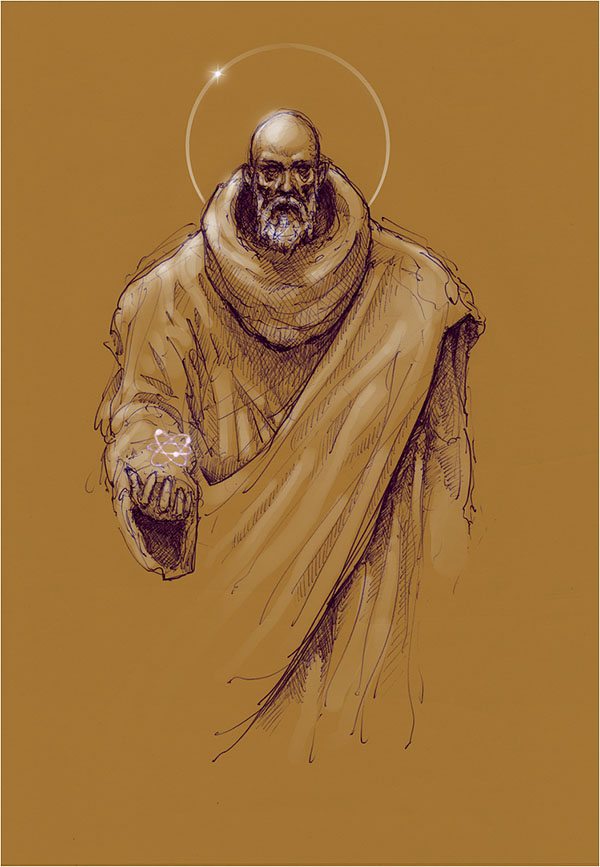
In the year 1937, the master alchemist visited Russian-born chemical engineer Jacques Bergier. During that period, Bergier was working with the famous physicist André Helbronner on a joint project meant to discover the secrets of the atom. Intrigued by the alchemist’s beliefs, Bergier asked Fulcanelli to give a brief summary of his work. To that request, the alchemist replied:
“You are asking me to summarize in four minutes four thousand years of philosophy and my whole life’s work. Furthermore, you are asking me to translate into plain words concepts for which such a language is not intended. All the same, I can say this: you will not be unaware that in present-day official science the part played by the observer becomes more and more important.
Relativity, the principle of indeterminacy, demonstrate the extent to which the observer today intervenes in all these phenomena. The secret of alchemy is this: there is a way of manipulating matter and energy so as to create what modern science calls a force field. This force field acts upon the observer and puts him in a privileged position in relation to the universe.
From this privileged position, he has access to the realities which are normally concealed from us by time and space, matter and energy. This is what we call the Great Work.”
It doesn’t take a nuclear physicist to figure out what Fulcanelli was talking about. He describes aspects and phenomena that we’ve come to collectiely call quantum mechanics, but at that time, not even the world’s brightest physicists had acquired this knowledge. It’s mind-boggling to think that grandmaster Fulcanelli not only knew about them, but claimed the deeply arcane knowledge had been passed down through generations to those deemed worthy.
Fulcanelli’s admission lends credence to the idea that Earth has seen its fair share of advanced societies. They came and went, their knowledge being lost through the sands of time, save for what survived at the heart of esoteric societies. How else would the alchemist have known about phenomena we’ve only found about during the past decades, and only because science progressed enough for us to be able to peek where the human eye cannot see by itself? Does the meaning of the all-seeing eye now seem like it’s gotten a whole new dimension?

Fulcanelli continued to amaze Bergier by telling him that the extremely ancient knowledge he possessed had been passed down to a very small number of people every century. But now that the world’s scientists were getting closer to uncovering the secrets of the atom and its nucleus, mankind was in danger. Fulcanelli warned Bergier and the entire scientific world they were treading on dangerous grounds and that splitting the atom would not be without consequences. This was knowledge the alchemists had possessed for a long time.
We can imagine the lasting impression Fulcanelli made in Bergier’s mind.
The last man to have seen the master alchemist was one of his former pupils. In 1952, Eugène Canseliet was summoned by his former master to an unknown castle in the mountains of southern Spain. Once arrived, Canseliet was surprised to see Fulcanelli looking twenty years younger than he was when they last met. It would appear that he ultimately used his alchemical knowledge to defeat that which is said cannot be defeated: old age and death.
In the years that followed, many have tried to find the master alchemist but none succeeded. His identity is as secret now as it was then. Some discount his position as a master alchemist, claiming he was nothing more than a brilliant man whose ideas were ahead of his time. Others are convinced he was the beneficiary of the esoteric knowledge of the ancient alchemists. Those who know the truth will say nothing.
Photo credit: ChrisRallis/AureliusCat/hypnothalamus/DeviantArt
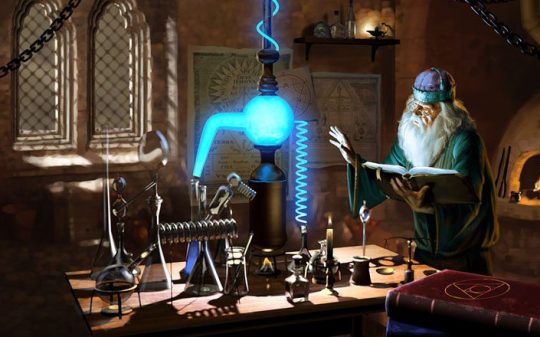
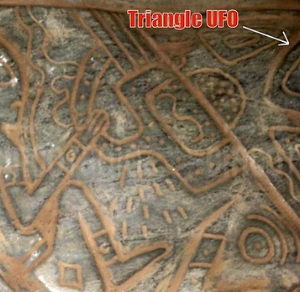

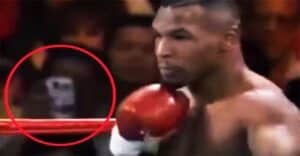

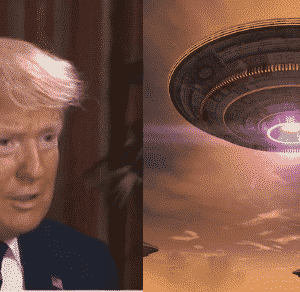
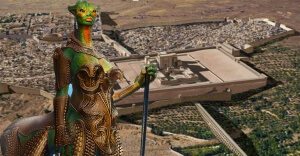
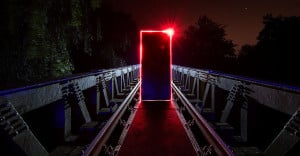
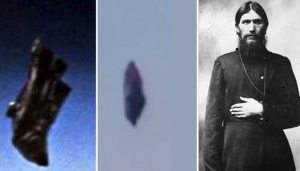

what a bunch of junk. show me what was chiseled in stone. or shut the hell up. so says todays worlds foremost alchemist. SOLX
Critically reread the story and ask yourself what is written.